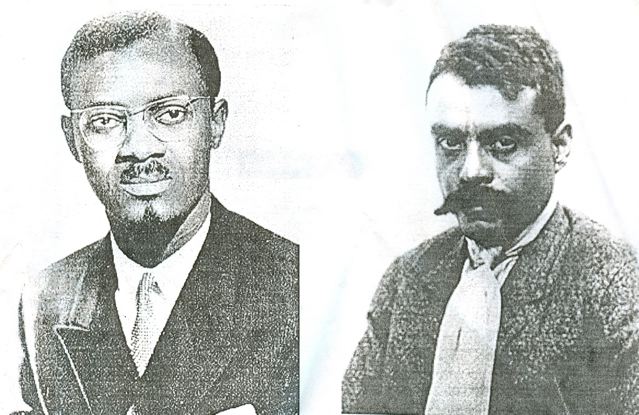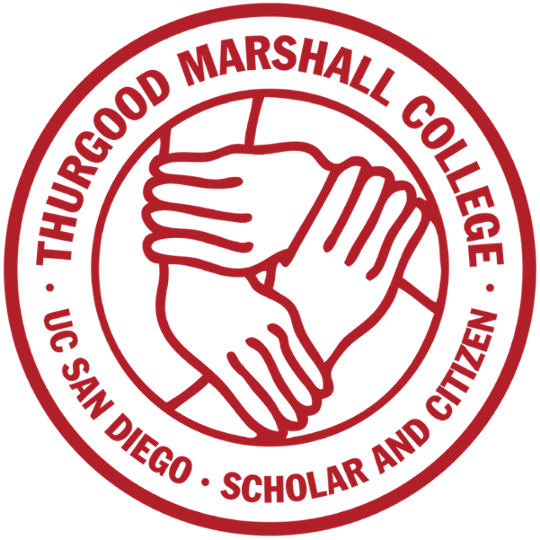Dimensions of Culture Program History
UC San Diego does not have a stand-alone Department of English or Freshman Composition courses, but each of our undergraduate colleges houses its own writing program. The Dimensions of Culture Program (DOC) has been the writing program at Thurgood Marshall College since 1991, succeeding the Third College Writing Program.
The course materials, lectures, and methodologies that make up the intellectual core of the DOC Program present the student with an updated and complex understanding of contemporary issues that are linked historically to the struggles that were alive at the establishment of the College in 1970.
Ties to the Origin of “Third College”
by Professor Jorge Mariscal (emeritus), who served as DOC Director from Fall 2011 through Spring 2017
On April 4, 1968, Dr. Martin Luther King, Jr. was murdered in Memphis, Tennessee. Many miles away in the sheltered enclave of UC San Diego, professor of biology Dan Lindsley wrote: "The assassination of Martin Luther King… is one of the bitter rewards that we reap from our apathetic acceptance of social injustice and racism in our society."
The handful of African-American students who were enrolled at the La Jolla campus was shaken by the assassination. For several years, they had been requesting space for a library and study area without success; they now mobilized in order to map the direction of a new Third College. Working with professor of literature Keith Lowe, graduate student Angela Davis, and others, the Black Student Council in a short time had joined forces with the Mexican American Youth Association. Within a year of Dr. King’s death, the two groups had proposed Lumumba/Zapata College. The college would enroll 33% Black students, 33% Chicano/a, and 33% “others.” Its curriculum and faculty would reflect the most pressing issues of the “long 1960s,” that is, the revolutionary period that produced numerous social movements including opposition to the American war in Southeast Asia.

Patrice Lumumba (1925-1961) fought against Belgian colonialism
and for the independence of his nation--the Congo.
Emiliano Zapata (1879-1919) is a hero of the Mexican Revolution of 1910
that deposed a harsh dictatorship.
By the mid-1970s, as the mass mobilizations ended, the so-called Third College began to resemble the other more traditional colleges. Nevertheless, the ideas of engaged scholarship, an informed critique of structural inequality, and the importance of collective acts of resistance continued to inform the College. Many of the earlier problems persisted—low numbers of students from historically excluded communities, few women faculty and faculty of color, small and underfunded programs to develop curricular offerings in Black and Chicano/a Studies.
By the end of the 1980s, a radically different political climate and a transformed youth culture led many to fear that the founding values of the college had been forgotten. By 1993, Third College had been named Thurgood Marshall College. In 1991, the Dimensions of Culture Program (DOC) was developed as an attempt to reinvigorate the original ideals of the Lumumba/Zapata movement for a new generation of students.
The course materials, lectures, and methodologies that make up the intellectual core of the DOC Program present the student with an updated and complex understanding of contemporary issues that are linked historically to the struggles that were alive at the establishment of the College. The three courses—Diversity, Justice and Imagination—outline the contradictions of U.S. history and culture and ask students to consider the extent to which the nation’s founding principles of life, liberty, and the pursuit of happiness have been realized for all.
2013
Past DOC Directors, Teaching Faculty, and Staff
Please email docinfo@ucsd.edu if you are in need of this information.
